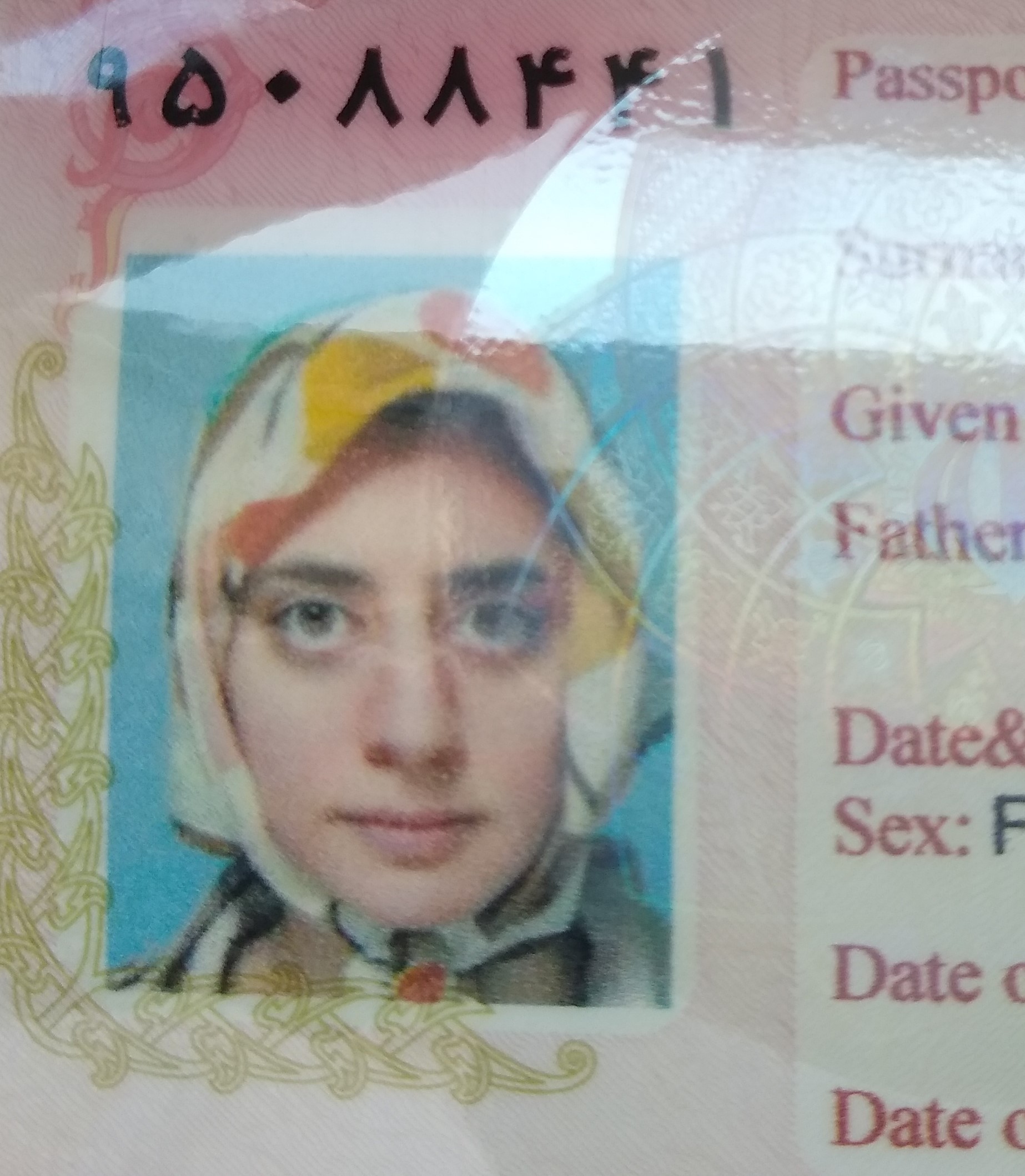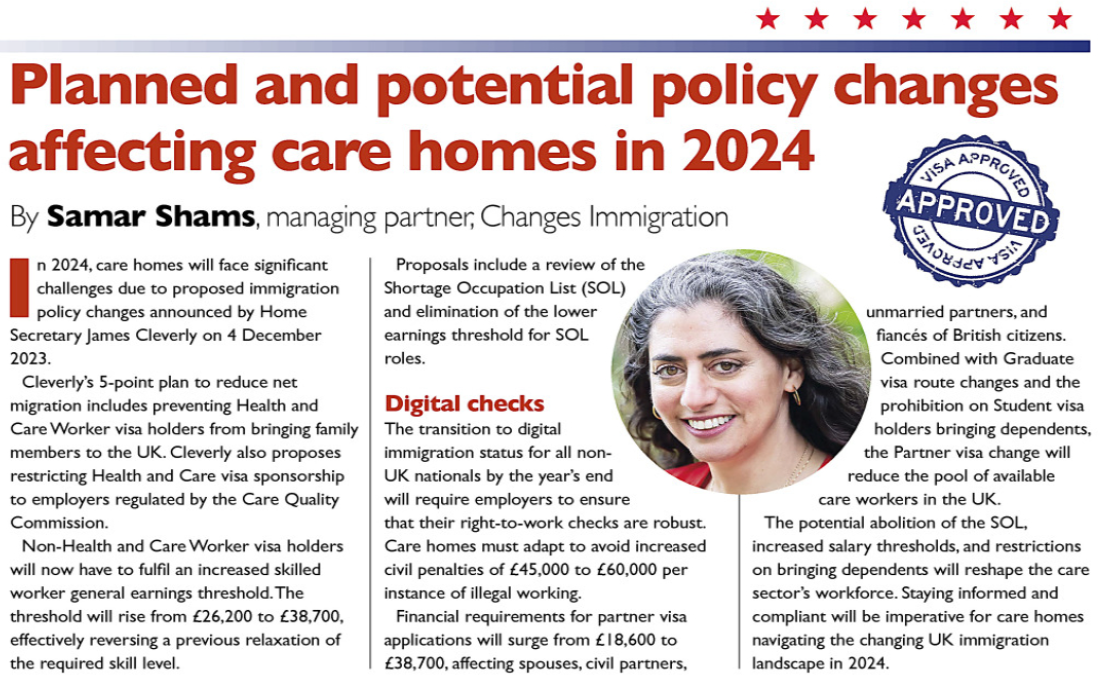The Home Office has changed the requirements for right to work checking processes twice since June 2024. Checking right to work according to Home Office requirements affords employers a statutory excuse from civil penalty should a worker turn out not to be authorised to work. The statutory excuse is established by checking a potential employee’s right to work before they start, and rechecking the right to work of those who demonstrate a temporary right to work.
Supplementary employment
Skilled Workers can undertake supplementary employment of up to 20 hours per week, outside the work for which they are sponsored with another employer. Supplementary employment may be in any role eligible for sponsorship under the Skilled Worker route.
The latest Home Office guidance specifies that supplementary employment must be outside of a Skilled Worker’s contractual working hours for their sponsor. Previously the guidance stated that supplementary employment had to be outside of a sponsored worker’s ‘normal’ working hours.
In order to check that the worker has the right to work in the UK and is allowed to carry out the work in question, a UK employer must ensure that any supplementary employment they offer conforms to the restrictions on supplementary employment.
The Home Office suggests asking the worker to provide a letter from their current sponsor confirming (1) that they are still working for their sponsor, (2) the job description, (3) the relevant Standard Occupational Classification code and (4) their contractual working hours.
Checks on contractors
The guidance now states that employers who hold sponsor licences must carry out right to work checks on workers and self-employed persons who are not their employees. The requirement applies equally to agency workers.
The guidance also now strongly encourages all UK businesses to carry out right to work checks on all workers or check that their contractors and labour providers conduct the correct right to work checks on people they employ, engage or supply.
Resolving technical issues in proving the right to work
The latest right to work checking guidance recognises the technical issues that visa holders have been experiencing when using the share code system. Where an employee is unable to evidence their right to work due to an incorrect share code or online right to work check, or because they are not temporarily unable to generate a share code, employers are instructed to contact the UK Visas and Immigration Resolution Centre by phone.
However, employers will not benefit from a grace period extending their statutory excuse from civil penalty for illegal working by virtue of contacting the Resolution Centre.
Grace period when rechecking
To check an employee’s immigration status if they cannot show their documents or online immigration status, employers should submit a request to the Employer Checking Service.
Employers only benefit from a grace period, of 28 days, if on the day their statutory excuse from civil penalty is due to expire, e.g. a worker’s visa end date, the employer is reasonably satisfied that the worker has an outstanding application, appeal or administrative review pending or are a long-term lawful resident who arrived in the UK before 1988.
The guidance newly suggests that a copy of a Home Office application acknowledgment or appeal tribunal reference number can help an employer verify circumstances, but warns that such documentation does not serve to extend a statutory excuse from civil penalty for illegal working.
Securing a Positive Verification Notice from the Employer Checking Service is the only way to extend a statutory excuse from civil penalty for illegal working. The 28-day grace period affords employers the time to secure the requisite Positive Verification Notice.
Pre-settled status
A change to Home Office right to work checking guidance in June confirmed that employers are not required to recheck individuals who have Pre-Settled Status under the EU Settlement Scheme. As long as an employer checks Pre-Settled Status holders before they start work, the employer will benefit from a statutory excuse for the duration of the employment.
eVisas
Biometric Residence Permit (BRP) holders who do not already have an online UK Visas and Immigration Account must now create an online UK Visas and Immigration Account to access their eVisa account. BRP holders who do not access eVisas before 31 December 2024 will not be able to evidence their right to work in the UK after that date.
Employers should encourage visa-holding employees who do not already have eVisas to set up an eVisa account immediately. BRP card holders do not need to wait to receive an invitation email from the Home Office in order to access their UKVI accounts.
Please get in touch if you would like assistance with right to work checks or eVisas.
Publication Date: 9 October 2024








